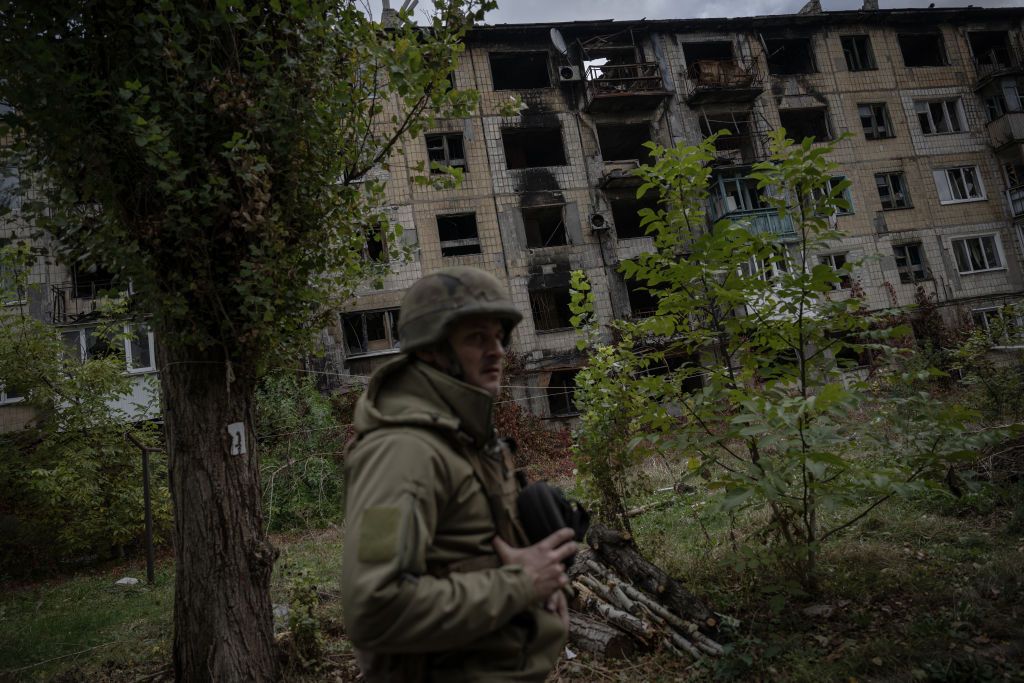UK Defense Ministry: Russian forces in Avdiivka likely suffer some of the highest casualty rates in 2023

Russia has likely committed parts of at least eight brigades in the fight to capture Avdiivka, and the forces operating there have likely suffered some of Russia's worst casualty rates in 2023, the U.K. Defense Ministry reported on Oct. 28.
A brigade in the Russian army can include between 2,000 and 8,000 personnel, according to open sources.
Ukraine's Defense Minister Rustem Umerov said on Oct. 28 that Russian losses in Avdiivka amounted to approximately 4,000, and President Volodymyr Zelensky said the previous day that Russia had lost at least a brigade trying to capture the city.
The U.K. Defense Ministry also noted that Russian milbloggers (typically nationalist, pro-war bloggers) have been "harshly critical of the military's tactics in the operation."
Russian milbloggers have previously gained attention for castigating Russia's poor performance on the battlefield and seeming inability to defend Russian territory from Ukrainian attacks.
It represents an increasing dilemma, the U.K. Defense Ministry emphasized, as "political leaders demand more territory to be seized but the military cannot generate effective operational level offensive action."











